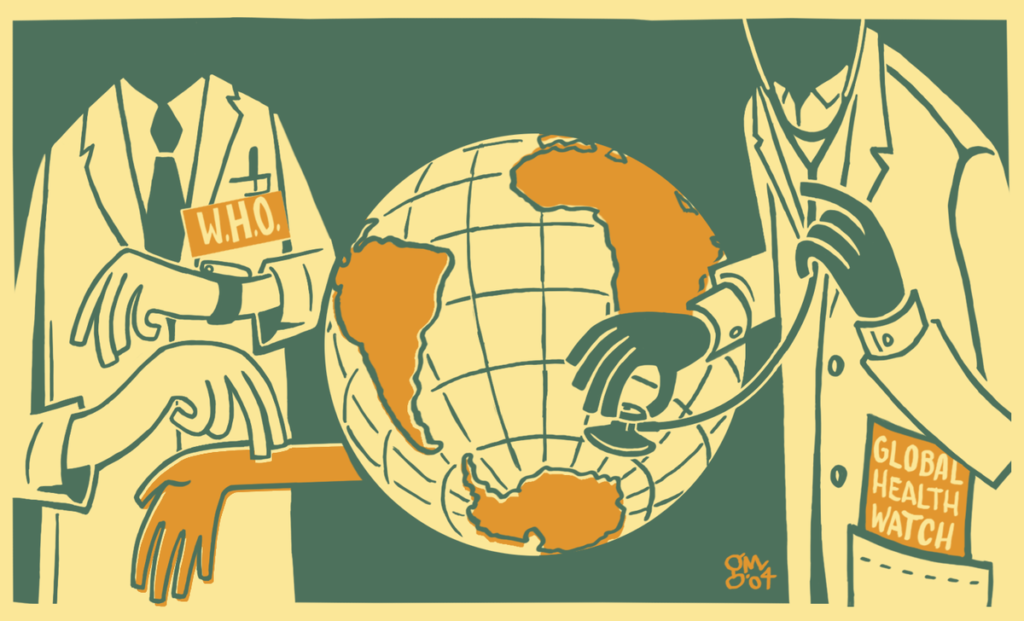COVID-19 is a stark reminder of the deep interconnections between natural systems and human health. For decades, scientists have raised concerns about urban sprawl changing natural ecosystems and increasing contact between animal species and humans: the perfect scenario for a zoonosis. Add to the mix characteristics associated with cities, such as air pollution, high population density and mobility: is now the perfect scenario for a pandemic. However, cities are also uniquely positioned to develop solutions for a sustainable recovery from COVID-19 and beyond.
Public health responses to COVID-19 have heavily impacted individual’s behaviours and relationships with their surroundings. While a global lockdown is not a long-term solution to improve planetary health, it has provided a glimpse to a future where collective action takes place to build resilient, inclusive and sustainable societies.
We call for a planetary health response in every city, a strategy that involves evidence-based, interdisciplinary interventions from diverse stakeholders including the government, private sector, city planners, transport authorities, public health and infectious disease experts. The 2030 Sustainable Development Goals Agenda and the 2015 Paris Agreement provide a framework to deliver this vision and to prepare for future pandemics and other global crises, such as climate change. Moving forward, it is vital to keep governments accountable to these commitments and to focus on re-activating the economy towards green opportunities across all sectors.

Physical distancing measures assume individuals have non-crowded accommodation with access to clean water. Challenging living situations of homeless individuals, those living in unstable or overcrowded housing, and group quarters such as nursing homes, migrant centres and prisons, may have increased susceptibility to and transmission of infections such as COVID-19. While certain cities have put in place initiatives to provide individuals with improved accommodation temporarily, more permanent measures are required. Reforms should address urban housing in a sustainable and equitable manner, and encompass access to water, sanitation and hygiene (WASH) infrastructure.
We are social beings, and physical distancing negatively impacts our mental health. Therefore, it is important to consider the creation and maintenance of public and green spaces for safe interaction between community members . Green spaces have the ability to restore mental, physical and social wellbeing, and living in greener environment is related to lower all-cause mortality. Yet simply building green infrastructure is not sufficient to change behaviour. The implementation of public green spaces should consider factors such as functionality and accessibility.
As cities explore ways to reopen, transport authorities will have to consider strategies to comply with public health measures. Public transportation has a vital role in ensuring equity amongst those without access to private vehicles, but it is likely to face challenges regarding capacity and compliance with physical distancing regulations. Paris, Milan and other cities are using this opportunity to expand safe infrastructure for active transport, providing additional health benefits for users and leading to a substantial reduction in noise and air pollution.
It is imperative that planetary health professionals lead within their communities. University Hospitals, such as in Grenoble and Cambridge, promote active and shared transport amongst their staff by promoting carpooling, subsidising public transport, and providing bicycle lanes and parking. Provision of local and applicable evidence-based information to the public on accessible low-cost alternatives are essential to enable sustainable transport in cities, and to create true behavioural change.
In order to scale up the proposed urban interventions, it is important to pursue rigorous research assessing their impact with a complex system thinking framework. Interdisciplinary teams should continue to develop the evidence base for interventions that are benefecial to the environment as well as our physical, mental and social health and wellbeing. While one solution will certainly not be applicable to every setting, it is possible to learn from what works in different settings and adapt to each context.
COVID-19 is exposing the fragility and interconnection between individuals, communities and the environment. It reveals that today, a centrepiece for planetary health action is at our doorsteps, in our cities. The pandemic highlights some of the main issues we continue to grapple with, such as sustainable development and social inequities, but it also demonstrates our capacity of adaptation and resilience. As we move forward, we must be cautious of temporary solutions. Adopt broader, more substantial paradigms to address global threats is crucial. How we respond to this pandemic will have an effect on all future health challenges and our societies.
About the authors
Dr Ola Løkken Nordrum is a junior doctor and a committee member of Irish Doctors for the Environment.
Dr Viveka Guzman is a medical doctor from Mexico . Viveka is currently a Planetary Health Campus Ambassador and PhD scholar in Population Health and Health Services Research at RCSI, Ireland.
Ms Rosie James is a board member of the Irish Global Health Network. She is also a final year medical student at the National University of Galway, Ireland, currently pursuing her MSc Global Health with Maastricht University.
Ms Jacqueline Safieh is a medical student at University College Dublin, and member of Irish Doctors for the Environment.
Dr Aoife Kirk is currently working as Senior Medical Officer in Public Health with HSE Ireland. Aoife is co-founder of Irish Doctors for Environment and works as a member of WONCA Working Party on Environment and Clinicians for Planetary Health.
Competing Interests
We declare no competing (conflict of) interests